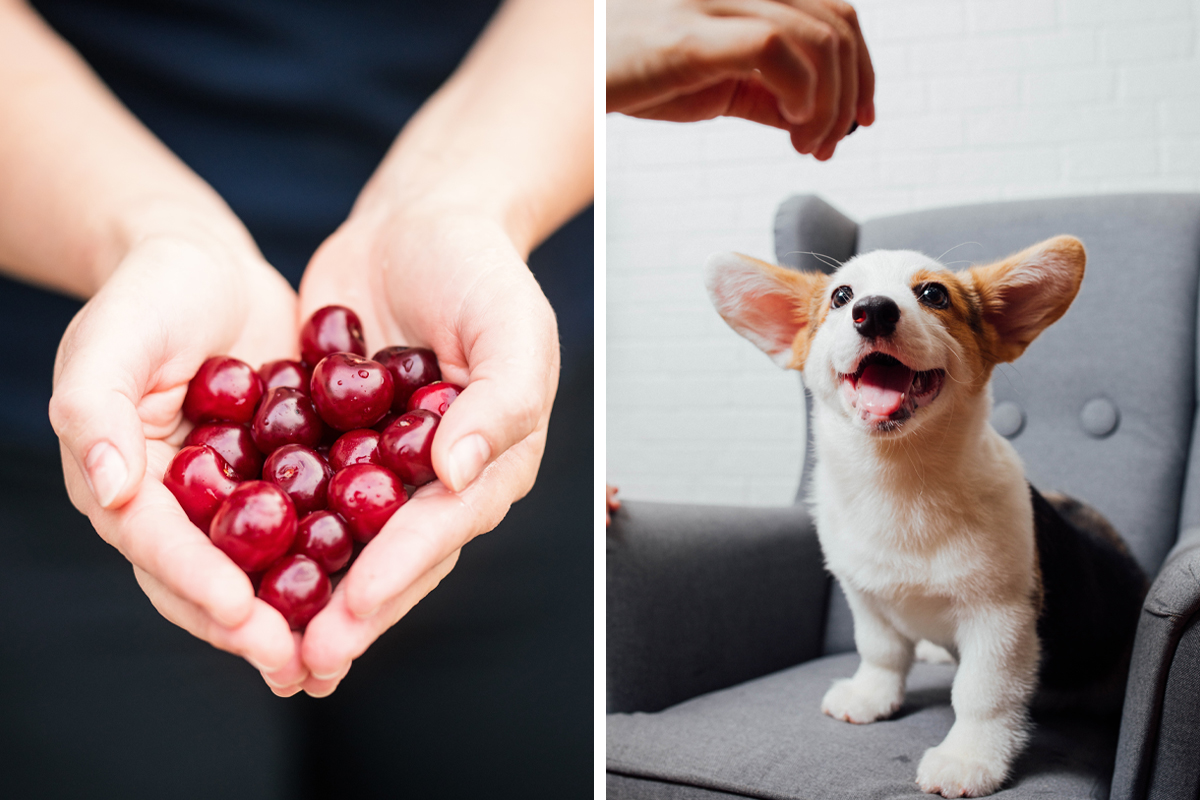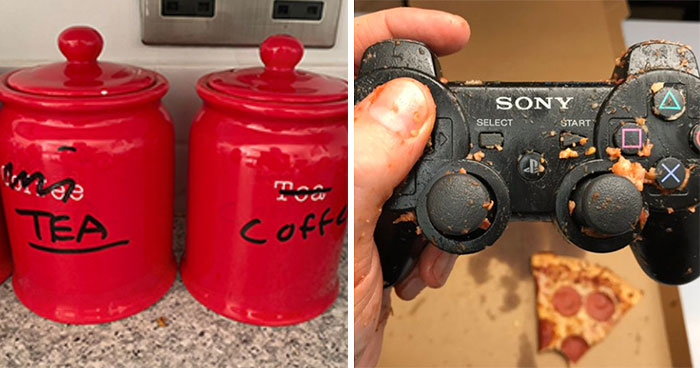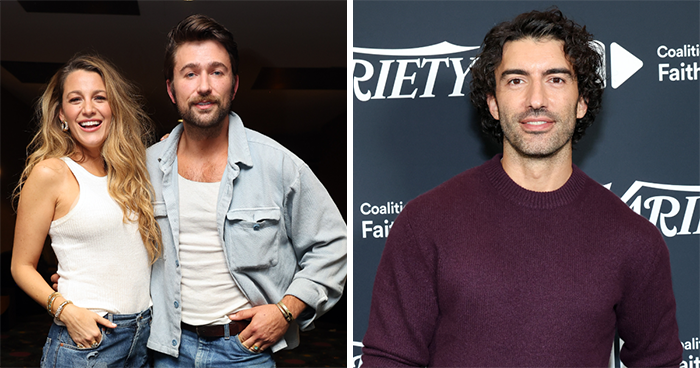As pet owners, we all love to share our favorite foods with our furry friends. However, when it comes to feeding dogs cherries, like maraschino cherries(sweetened preserved fruit) a popular choice in most households, we need to be cautious.
While cherries might seem like a fun and tasty treat, they can pose potential risks to our four-legged companions. In this article, we will explore whether or not it’s safe for dogs to consume cherries and discuss the potential dangers associated with eating this fruit.
- Cherry pits contain cyanide, posing a risk to dogs if ingested.
- Dogs can safely eat cherry flesh, but pits must be removed first.
- Symptoms of cyanide poisoning in dogs include seizures and difficulty breathing.
The information provided herein is for informational purposes only. Please refer to our disclaimer for more details..
- Can Dogs have Cherries: Are Cherries Bad for Dogs?
- What Happens If My Dog Eat Cherries?
- Is Feeding a Whole Cherry Safe for Dogs?
- Can Dogs eat Cherries without pits?
- How to Safely Feed Your Dog Cherries?
- Other Considerations When Feeding Cherries to Dogs
- Alternatives to Feeding Cherries to Dogs
- Conclusion
Can Dogs have Cherries: Are Cherries Bad for Dogs?
Image source: Jacek Dylag
While cherries can be a tasty treat, it is important to be aware of the potential risks associated with feeding them to dogs. In general, cherries are safe for dogs to eat in moderation, but there are a few things to keep in mind.
The most significant concern when it comes to cherries is the pit. Cherries contain cyanide in the pits, which can be toxic to dogs in large enough quantities. Additionally, feeding these can pose a choking hazard or cause an intestinal blockage if ingested by dogs.
However, the dog can eat the flesh of the cherry that is harmless. The key is to remove the pit before giving cherries to your dog. You can also opt for dried cherries, which are pitless and easier for dogs to consume safely.
Overall, it’s best to feed cherries to dogs in moderation and under supervision. If your dog eats a cherry pit, watch for signs of cyanide poisoning or intestinal blockage and contact your veterinarian immediately if you notice any symptoms.
What Happens If My Dog Eat Cherries?
While cherries are generally safe for dogs to eat in moderation, there are potential risks that pet owners should be aware of. One of the main concerns is the toxicity of cherry pits, which can pose a choking hazard and potentially lead to intestinal blockage. Ingesting cherry pits, stems and leaves can also cause cyanide poisoning, which can be fatal if left untreated.
In addition to the dangers of pits, cherries themselves can be toxic to dogs if consumed in large quantities because of the added sugar content. These fruits contain a compound called cyanogenic glycosides, which can release cyanide when chewed or ingested. Symptoms of cyanide poisoning include difficulty breathing, dilated pupils, and seizures.
| Potential Risks of Cherries for Dogs | Symptoms to Watch for |
|---|---|
| Toxicity | Vomiting, diarrhea, difficulty breathing, dilated pupils, seizures, shock, and even death |
| Cherry Pit Choking Hazard | Coughing, gagging, and difficulty breathing |
| Cyanide Poisoning | Dilated pupils, difficulty breathing, red gums and tongue, seizures, and shock |
| Intestinal Blockage | Vomiting, loss of appetite, and constipation |
If you suspect that your dog has ingested a cherry pit or is showing signs of cyanide poisoning, it is important to contact your veterinarian immediately. Time is of the essence in treating these types of emergencies, and fast action can make all the difference in your pet’s recovery.
Is Feeding a Whole Cherry Safe for Dogs?
Image source: micheile henderson
At first glance feeding a whole single cherry to your pooch might seem an enchanting treat but there are risks associated with it. Cherries should always be pitted and should be fed in moderation, always give the fruit part cut into small pulp pieces to avoid the risk of obstruction and cyanide poisoning in dogs.
Can Dogs eat Cherries without pits?
Cherries have a small hardened coating that surrounds the kernel, this pit contains Amygdalin, a precursor cyanogenic glycoside that converts to cyanide when chewed or crushed. Therefore only the fruit part should be ingested and in moderation, Cherries are high in sugars and can cause digestive disturbance.
How to Safely Feed Your Dog Cherries?
Feeding your dog cherries can be a healthy and enjoyable experience. However, it’s important to take necessary precautions to ensure that your furry friend stays safe and healthy while snacking. Here are some guidelines to follow:
Feed Cherries Without Pits
When feeding your dog cherries, always remove the pit , leaves and stem part before serving. Be sure to dispose of them in a secure trash can or compost bin to ensure that your dog cannot access them.
Dried Cherries as an Alternative
If you’re concerned about giving your dog fresh cherries, you may want to consider dried cherries as an alternative. Dried cherries are safe for dogs to eat and offer similar nutritional benefits to fresh cherries.
Avoid Overfeeding
While cherries in moderation are safe for dogs to eat, too much of a good thing can quickly become a bad thing. Feeding your dog too many cherries can lead to an upset stomach and decreased appetite. Be sure to monitor their intake and limit the amount of cherries they consume.
Other Considerations When Feeding Cherries to Dogs
While dogs can safely consume cherries in moderation, it is important to consider other factors when incorporating them into their diet. One possible side effect is an upset stomach, which can occur if your dog eats too many cherries or has a sensitive digestive system.
In addition, feeding your dog too many cherries may decrease their appetite for their regular food, causing them to miss out on important nutrients. However, cherries do contain vitamins A and C, which offer several health benefits for dogs but these can be fulfilled by feeding a balanced dog food.
| Vitamin A | Vitamin C |
|---|---|
| Helps support vision, bone growth, and immune function. | Acts as an antioxidant and aids in the production of collagen. |
| Found in high amounts in animal liver and fish oil. | Found in citrus fruits, berries, and leafy greens. |
Alternatives to Feeding Cherries to Dogs
While cherries can be a healthy treat for dogs, there are alternative fruits and berries that are just as safe and beneficial. Blueberries, strawberries, and sliced bananas are excellent options, as they are packed with vitamins and antioxidants that promote good health. Other options include diced watermelon, apple slices, and seedless oranges, which are excellent sources of vitamin C.
Conclusion
In summary, it is safe for dogs to eat cherries in moderation. Cherries themselves are not toxic to dogs, but their pits, leaves and stems can cause serious health issues, including intestinal blockages and cyanide poisoning. It is essential to remove the pits and monitor your dog’s intake to prevent any potential risks. Additionally, it’s highly unlikely that your dog will eat enough cherries to cause harm, but it is essential to exercise caution.
While cherries offer nutritional benefits, it’s crucial to remember that they shouldn’t replace your dog’s regular diet. There are other fruits and berries that are safe for dogs to eat, and dog treats are also an excellent alternative to feeding your dog cherries. Our advice is simple: always prioritize your furry friend’s health and consult with a veterinarian if you have any concerns.
At the end of the day, cherries can be a healthy and enjoyable treat for your pup, as long as you take the necessary precautions. Remember, cherries aren’t toxic to dogs, but the pits can be dangerous if consumed. Ensuring that your dog eats enough, but not too much, and preventing access to cherry pits can go a long way in keeping your furry best friend healthy and happy.
188views
Share on FacebookThis is not the site for any animal welfare tips and tricks... as much as I like animals I would never trust any dietary or other advice on a humorous site like BP. No matter who writes the articles. Especially without any sources about the claims.
This is not the site for any animal welfare tips and tricks... as much as I like animals I would never trust any dietary or other advice on a humorous site like BP. No matter who writes the articles. Especially without any sources about the claims.

 Dark Mode
Dark Mode 

 No fees, cancel anytime
No fees, cancel anytime 






























-2
1